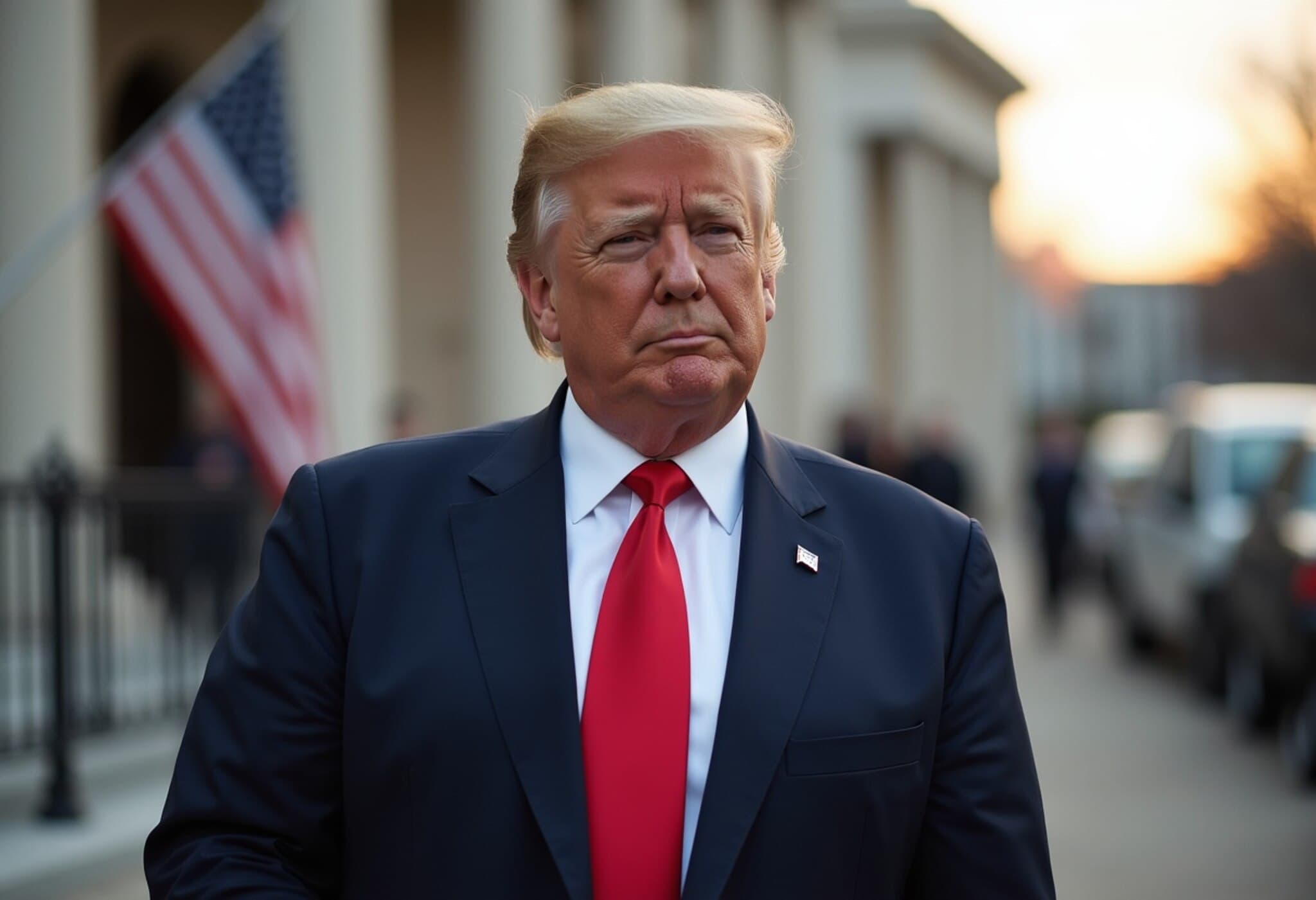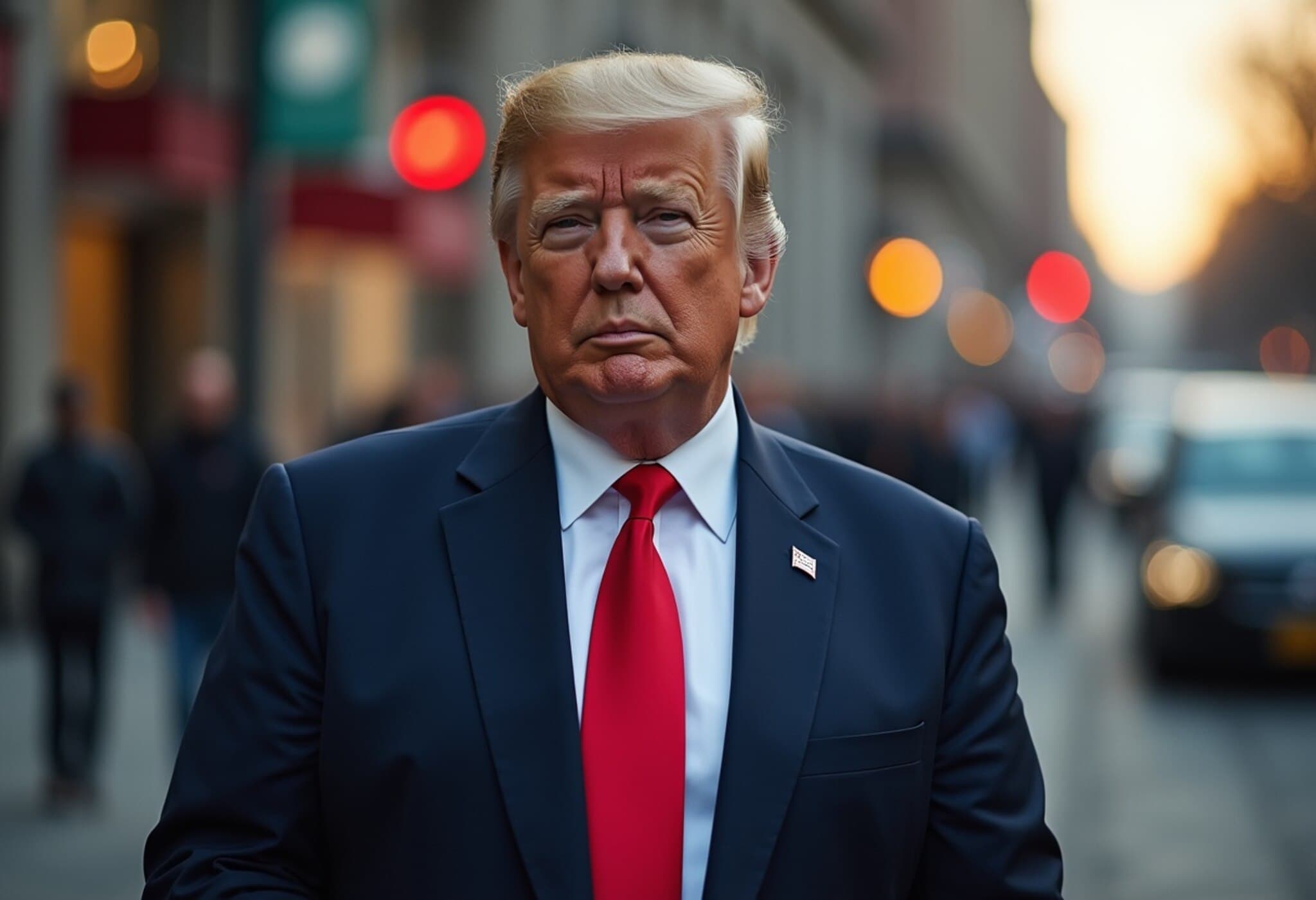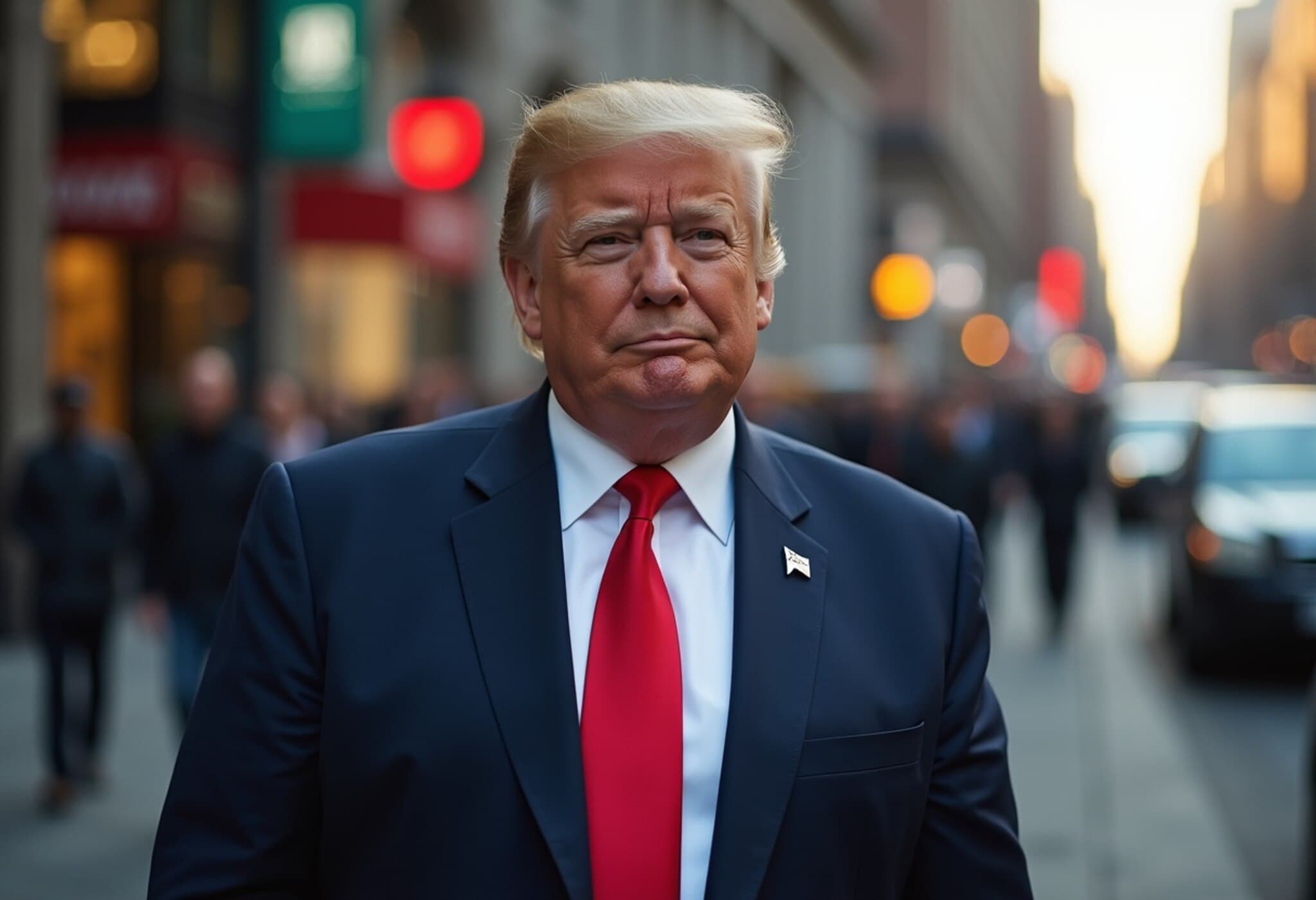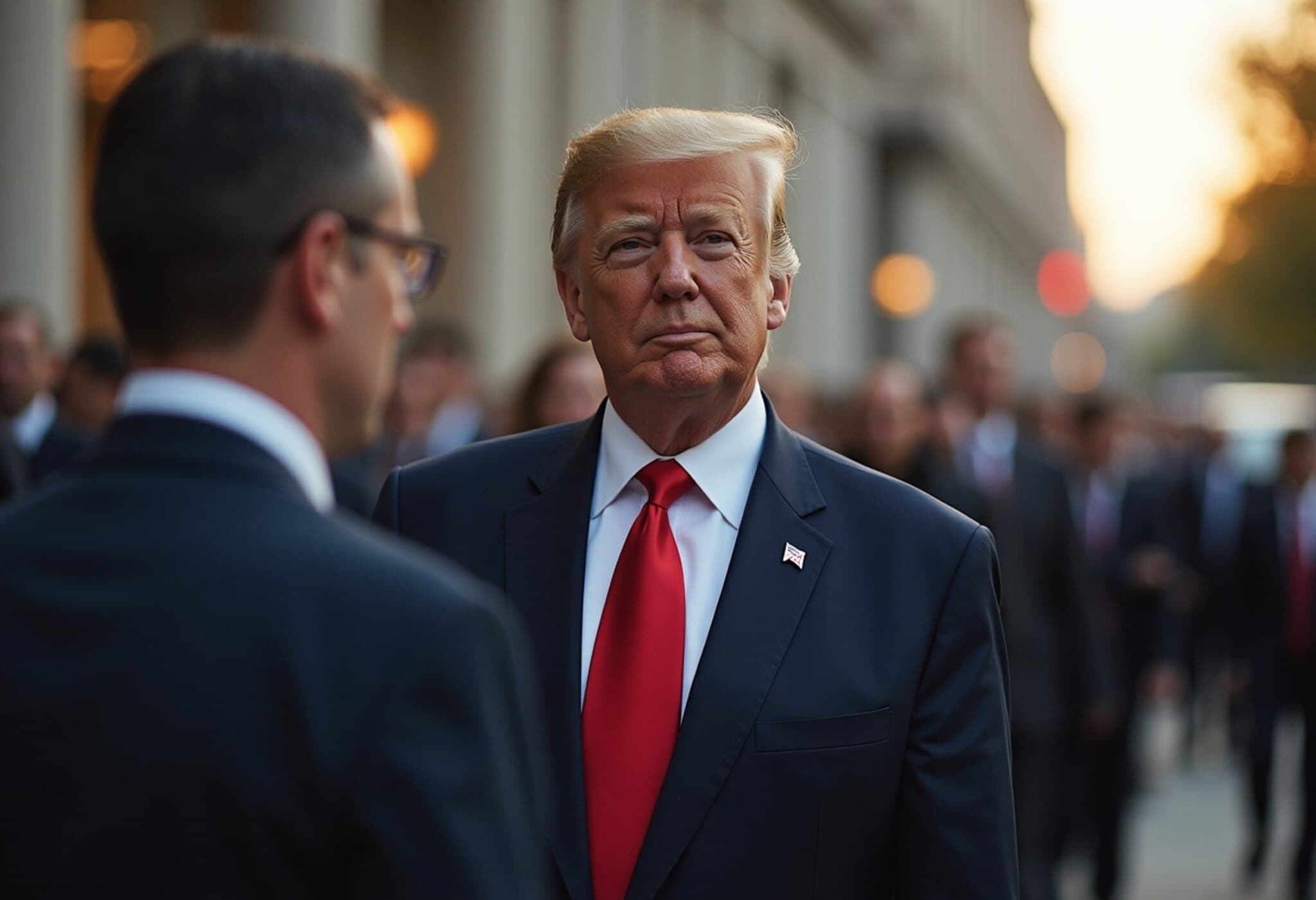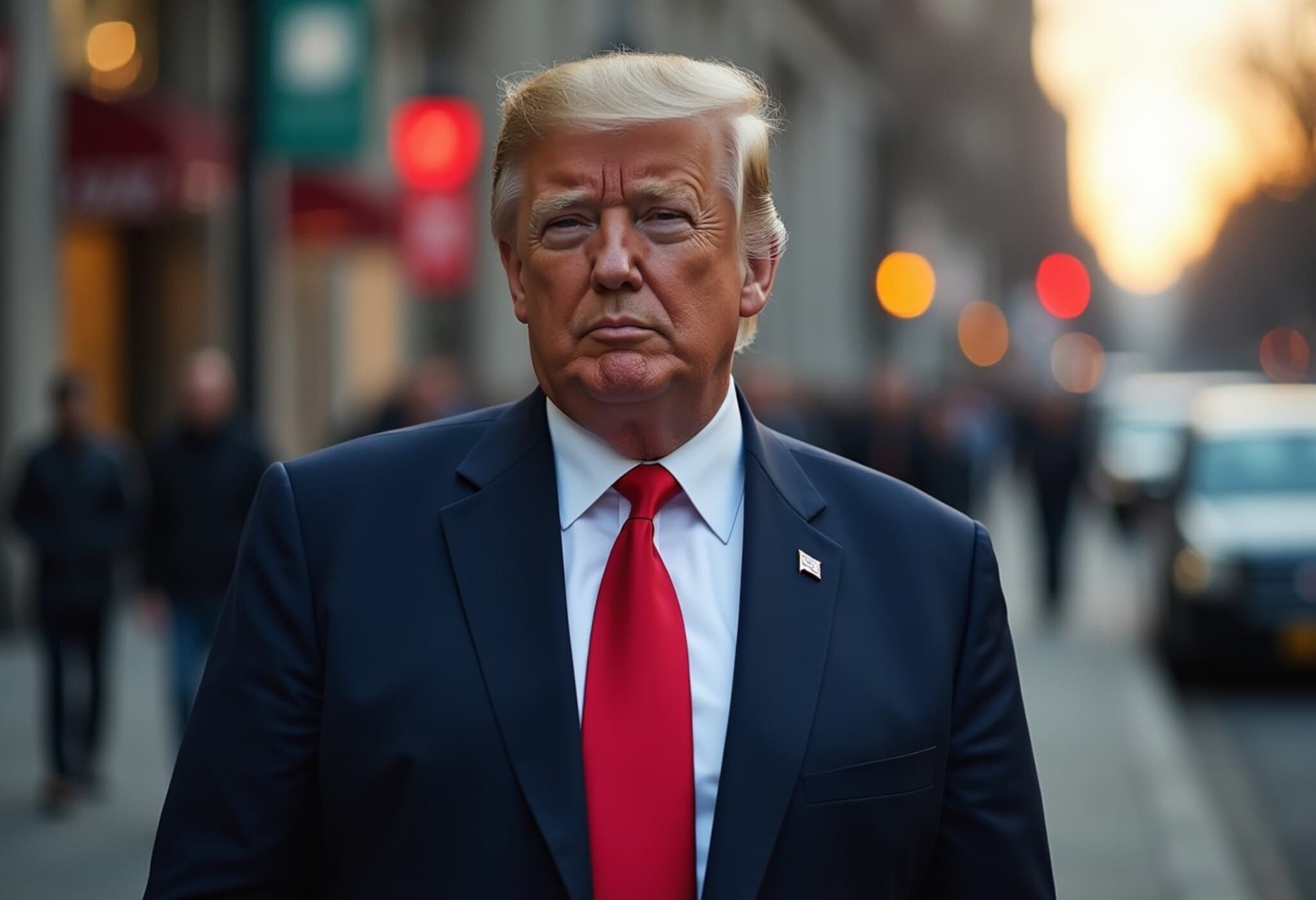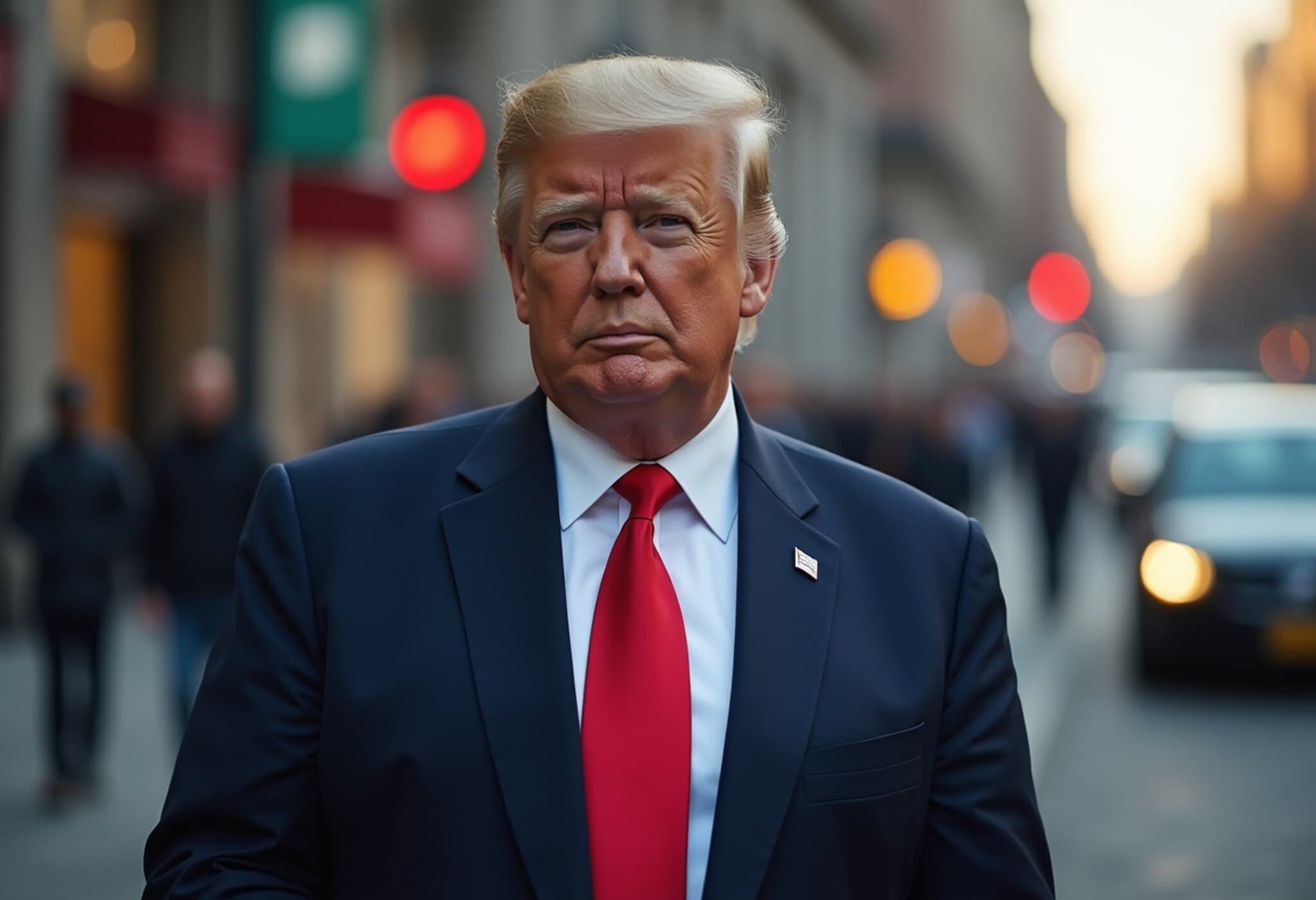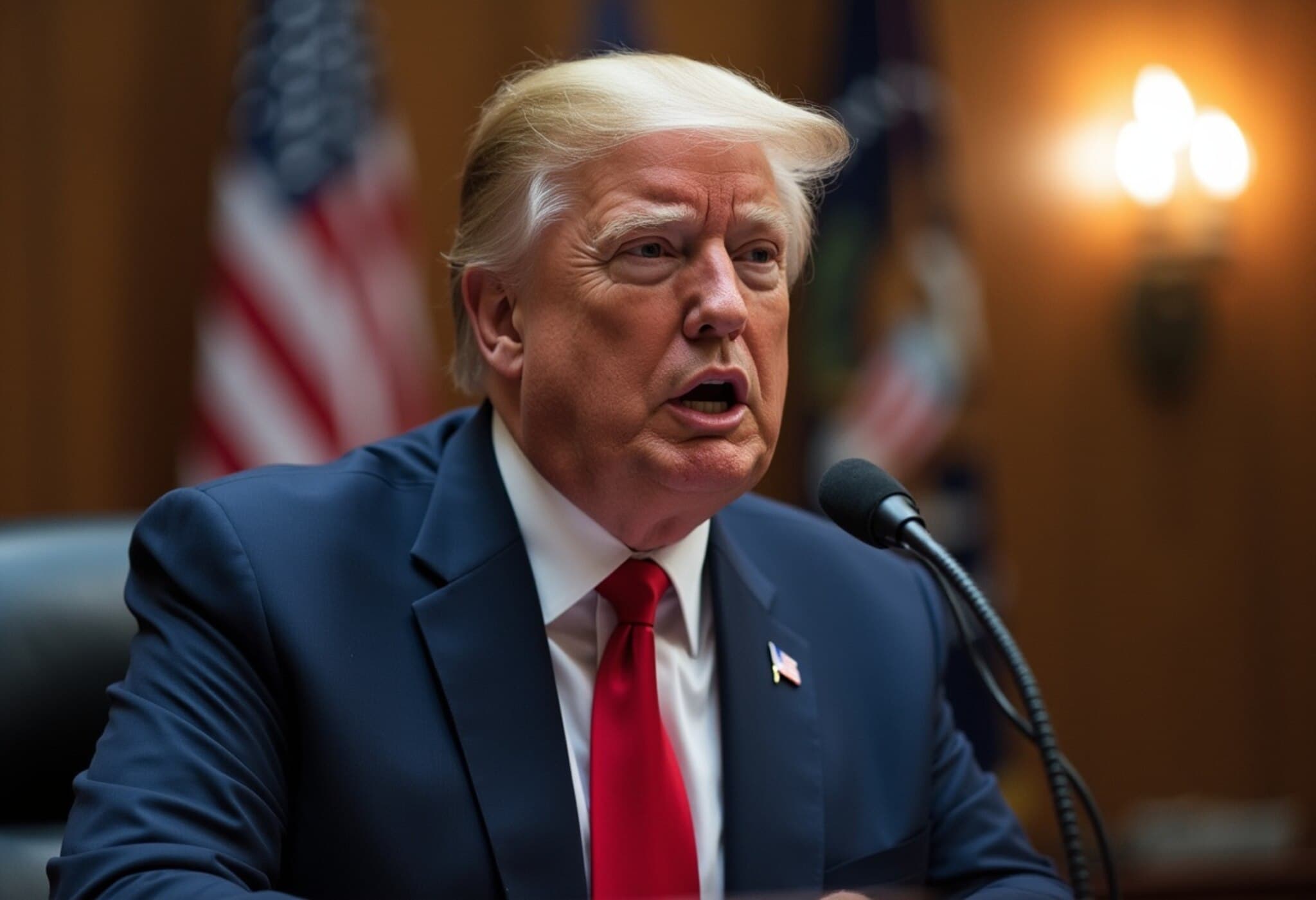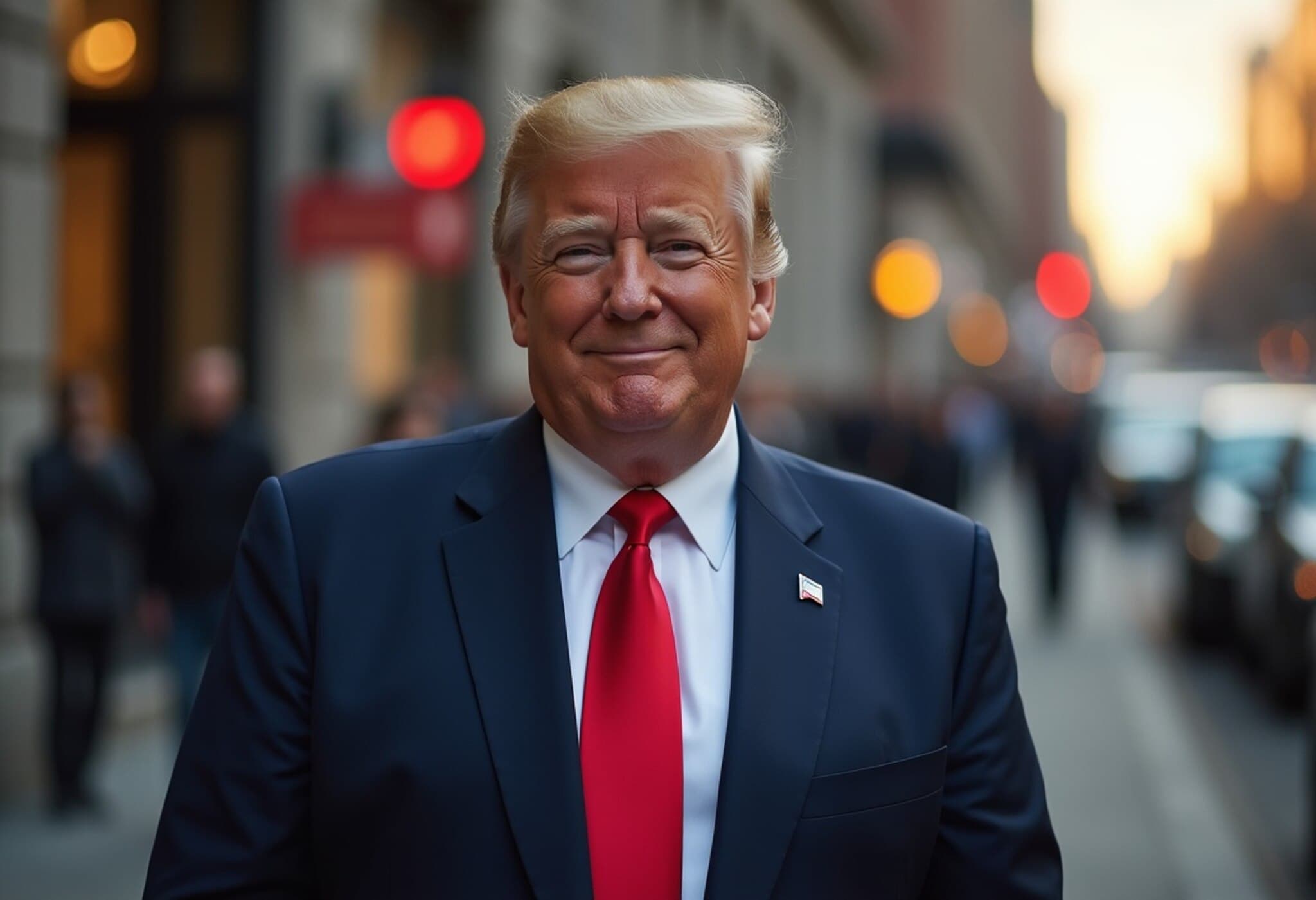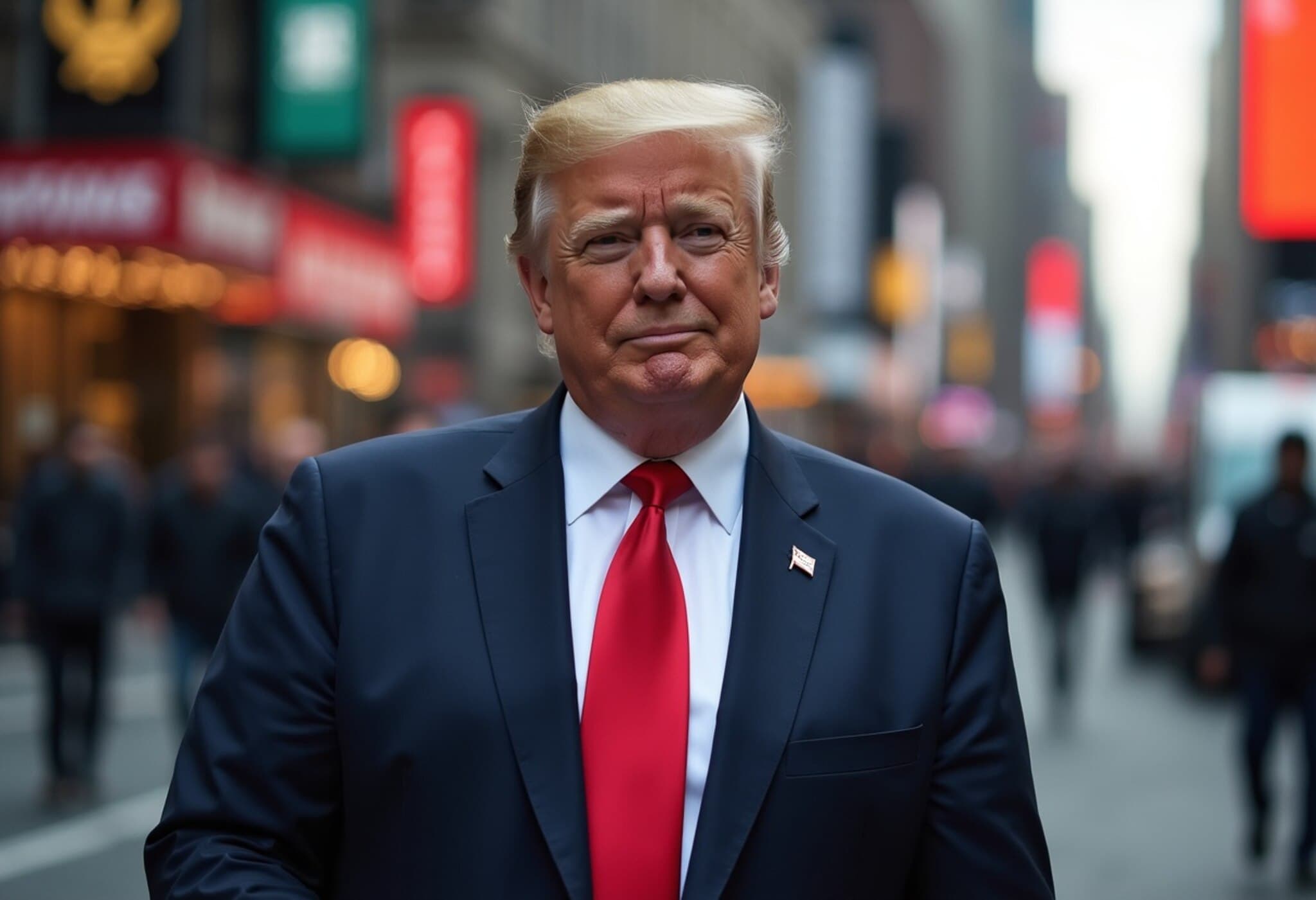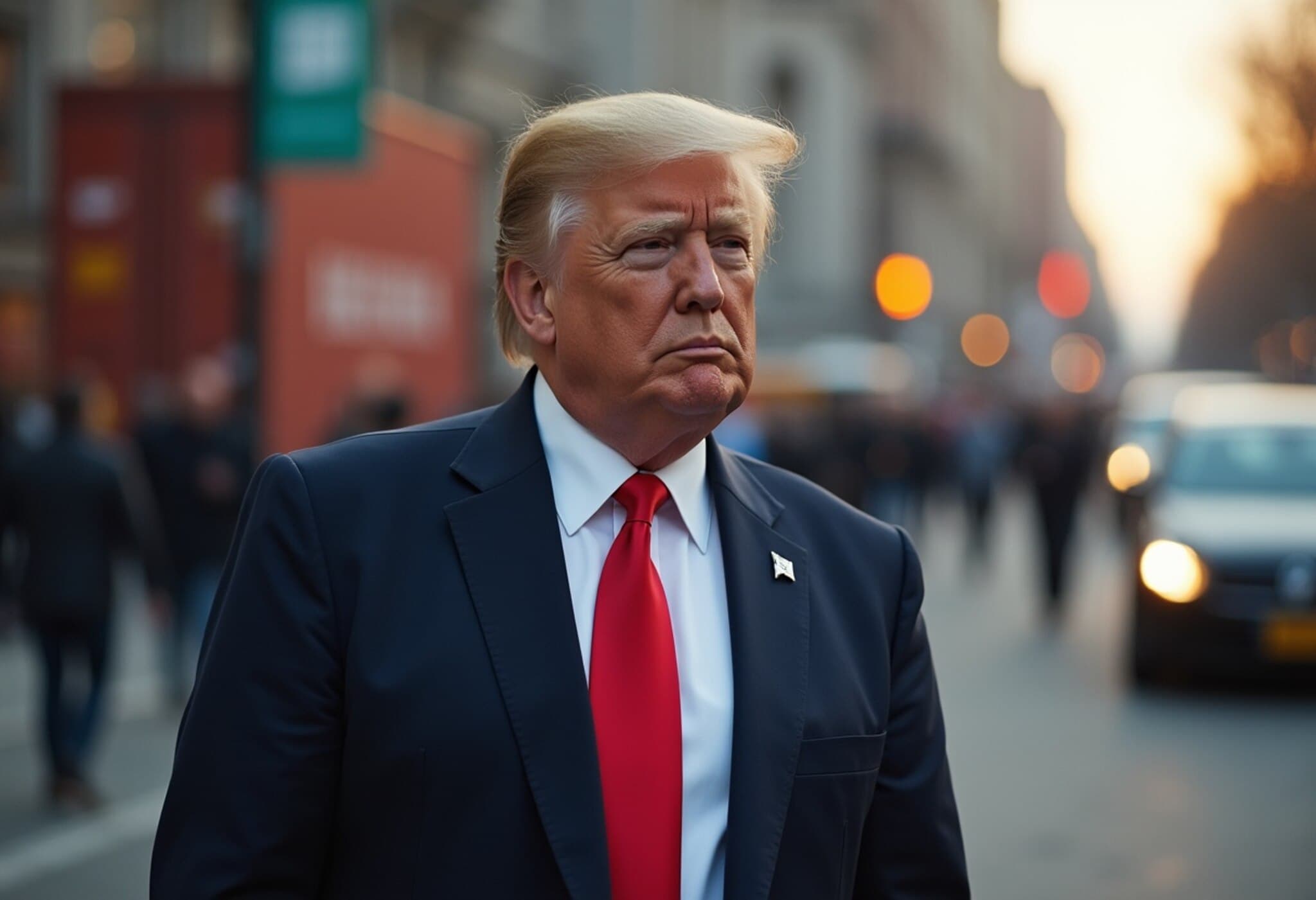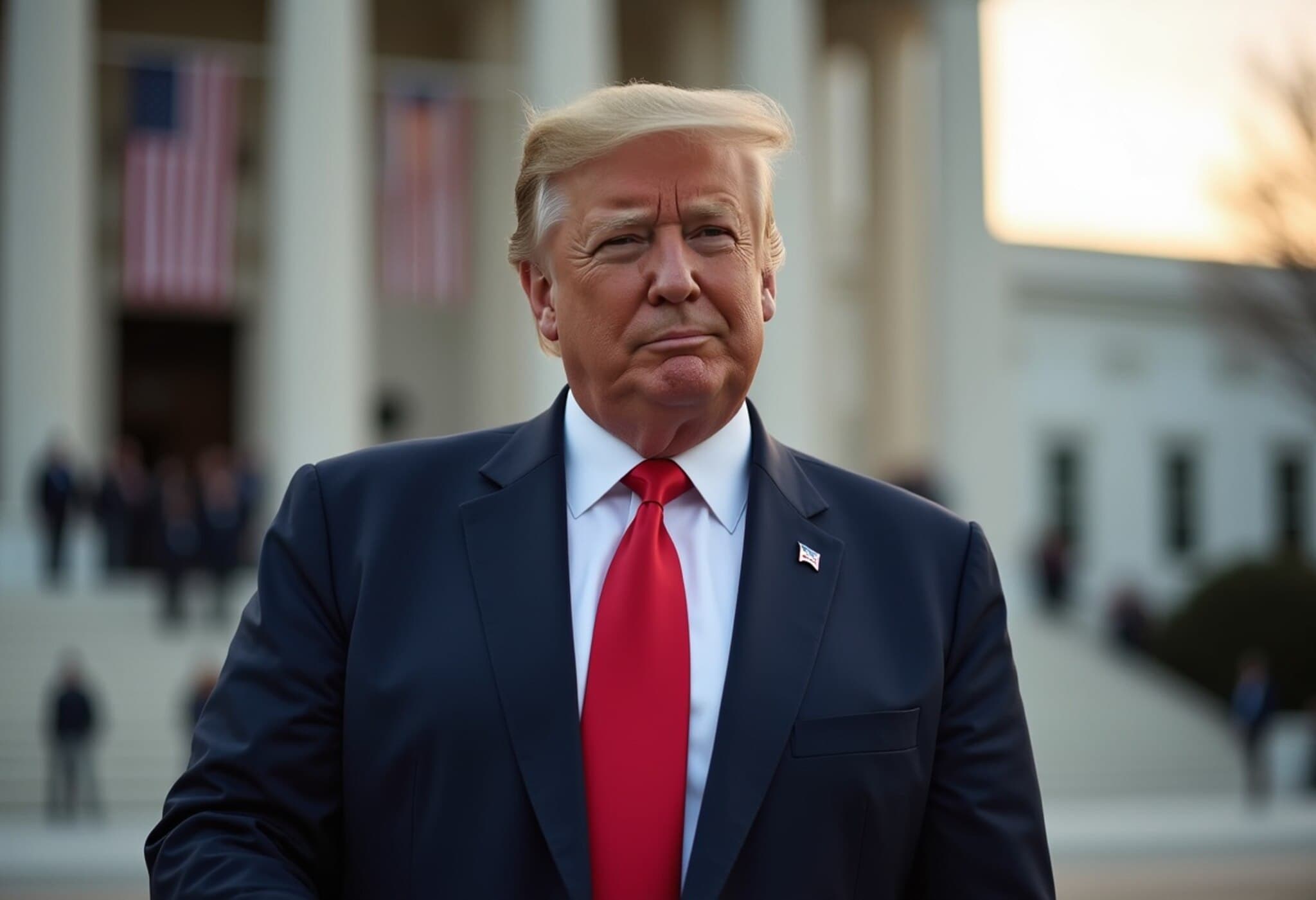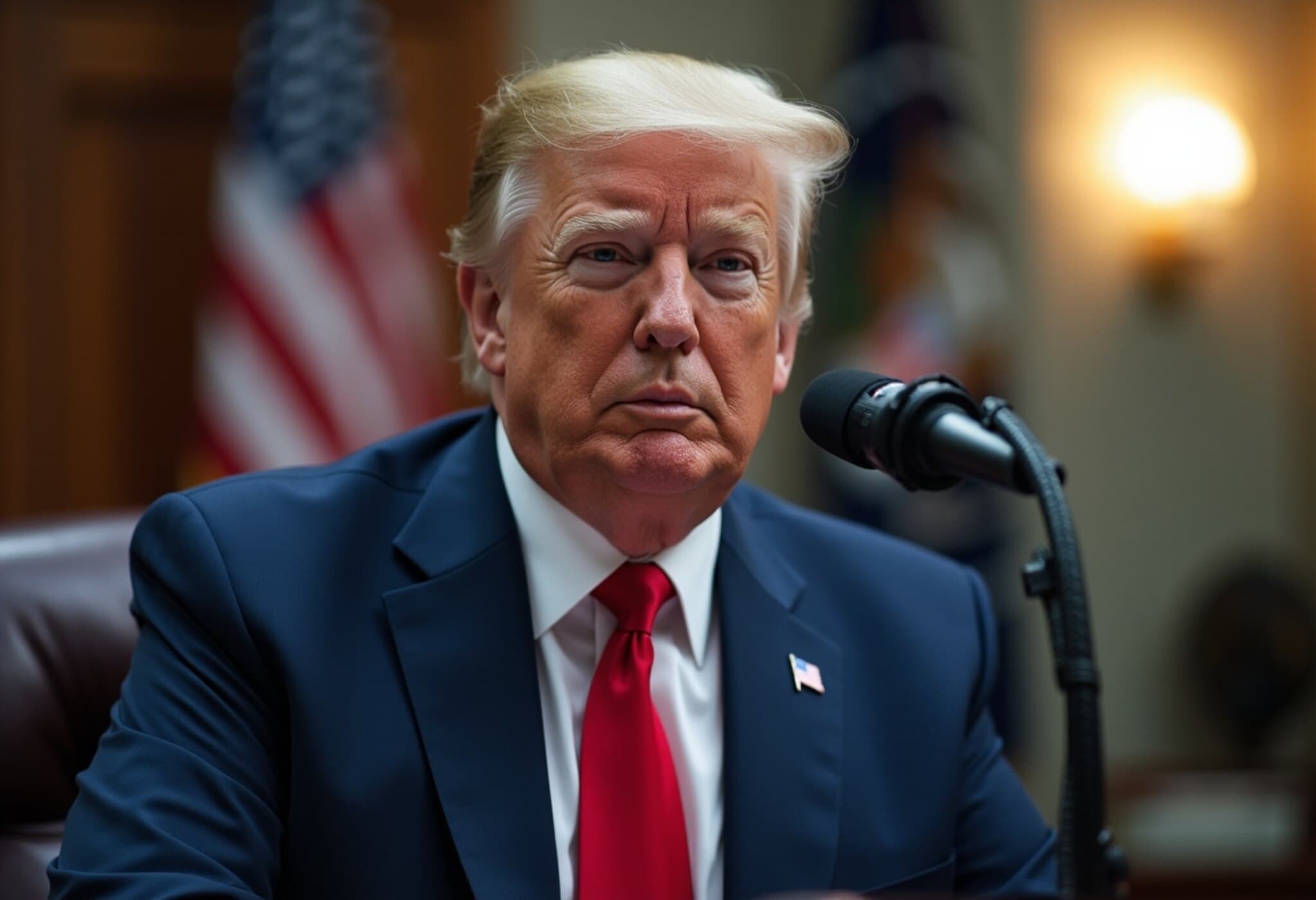US Supreme Court Allows Trump’s Tariffs to Remain Amid Legal Battles
The United States Supreme Court recently dealt a significant win to the former administration by declining to expedite lawsuits challenging President Trump's broad reciprocal tariffs. By choosing not to fast-track the cases, the court effectively kept the tariffs in place while awaiting further rulings from appellate courts.
Why the Supreme Court Didn’t Rush the Decision
Two family-owned companies, Learning Resources Inc. and Hand2Mind Inc., sought an accelerated hearing to invalidate the tariffs. These businesses argued that the tariffs exceeded presidential authority under the 1977 International Emergency Economic Powers Act (IEEPA). However, the Supreme Court denied their request to bypass the standard appellate process, opting instead to let the federal appeals court first weigh in.
This decision means the Trump administration will have the usual 30 days to respond to the lawsuits, signaling that the court is not prepared to intervene prematurely in this complex legal matter.
The Legal Context Behind the Tariffs
These tariff disputes trace back to sweeping import taxes introduced by the Trump administration on April 2, often called the “Liberation Day” tariffs. They impose a baseline 10% levy on imports, with potentially higher rates applied to specific trade partners. The tariffs also include separate import taxes targeting fentanyl trafficking.
A federal district judge previously sided with the toy makers, agreeing that the tariffs might exceed the scope of authority granted by the IEEPA. Meanwhile, a federal appeals court has allowed the tariffs to remain effective until it can hear arguments set for July 31.
What’s Next?
The Supreme Court’s refusal to intervene at this stage sets the tone for a drawn-out legal process. The high court’s role will likely come into play only after lower courts deliver their decisions. This marks the first time the Supreme Court has directly handled challenges against Trump’s trade measures, highlighting the complexity and high stakes involved.
Implications for Trade and Legal Authority
This legal showdown underlines the ongoing debate over the extent of presidential power in setting trade policy, especially through the use of emergency economic powers. Businesses and policymakers alike are watching closely, as the court’s ultimate rulings could reshape the boundaries of executive trade authority moving forward.

